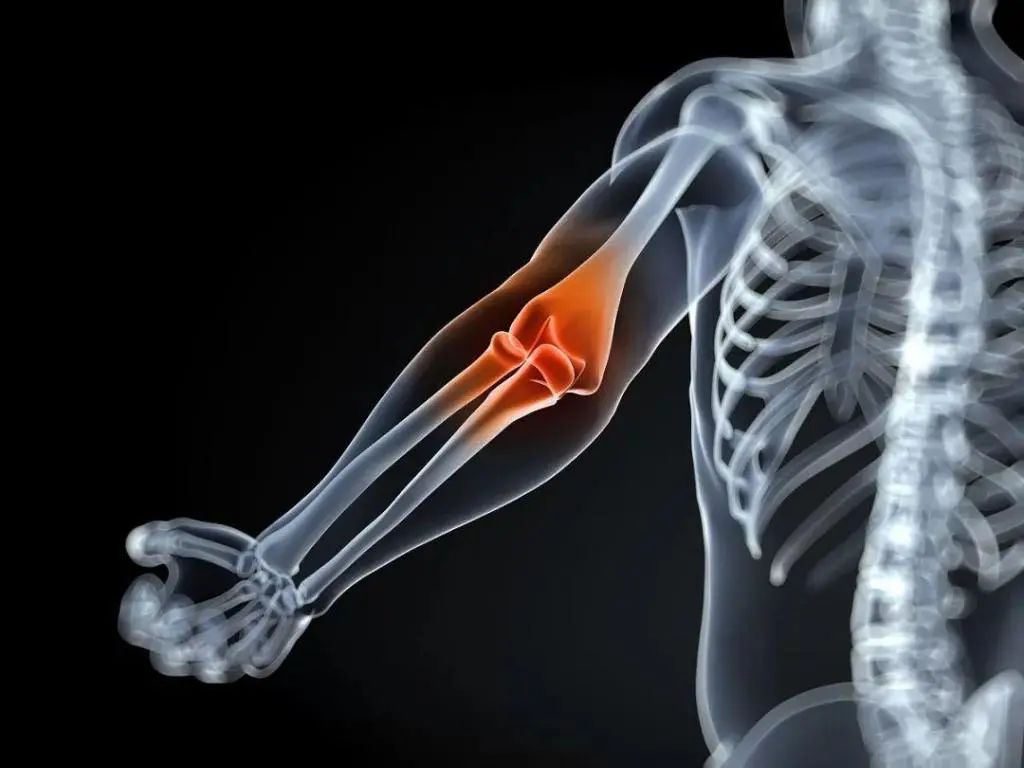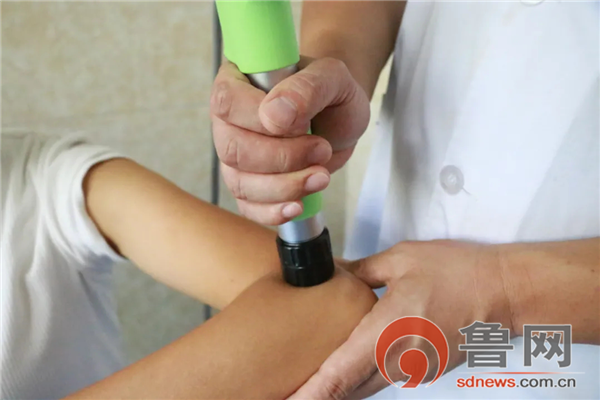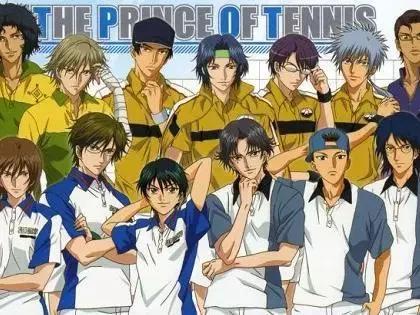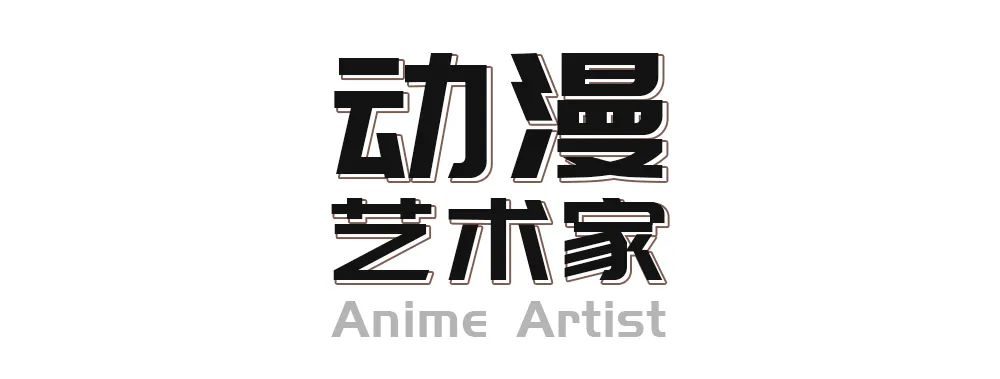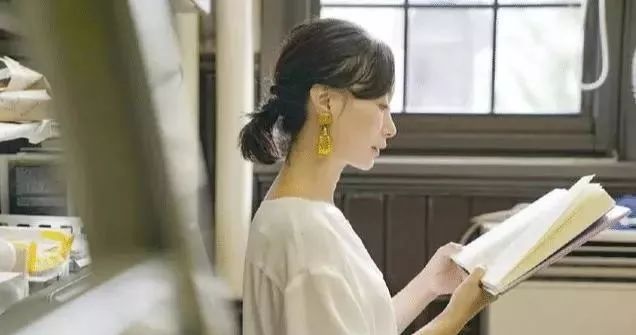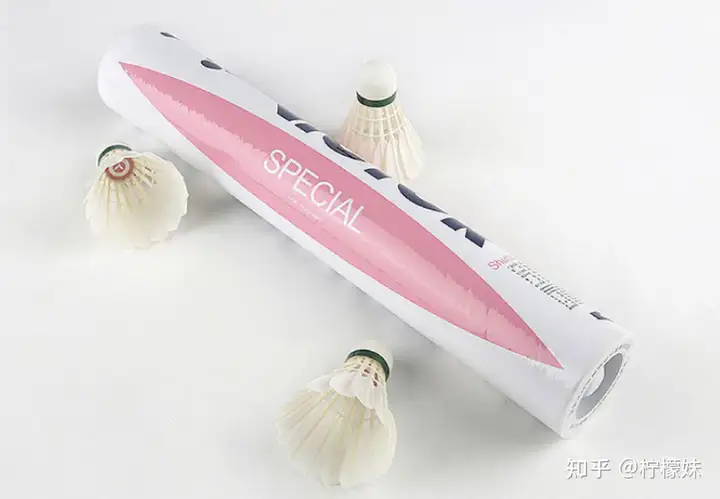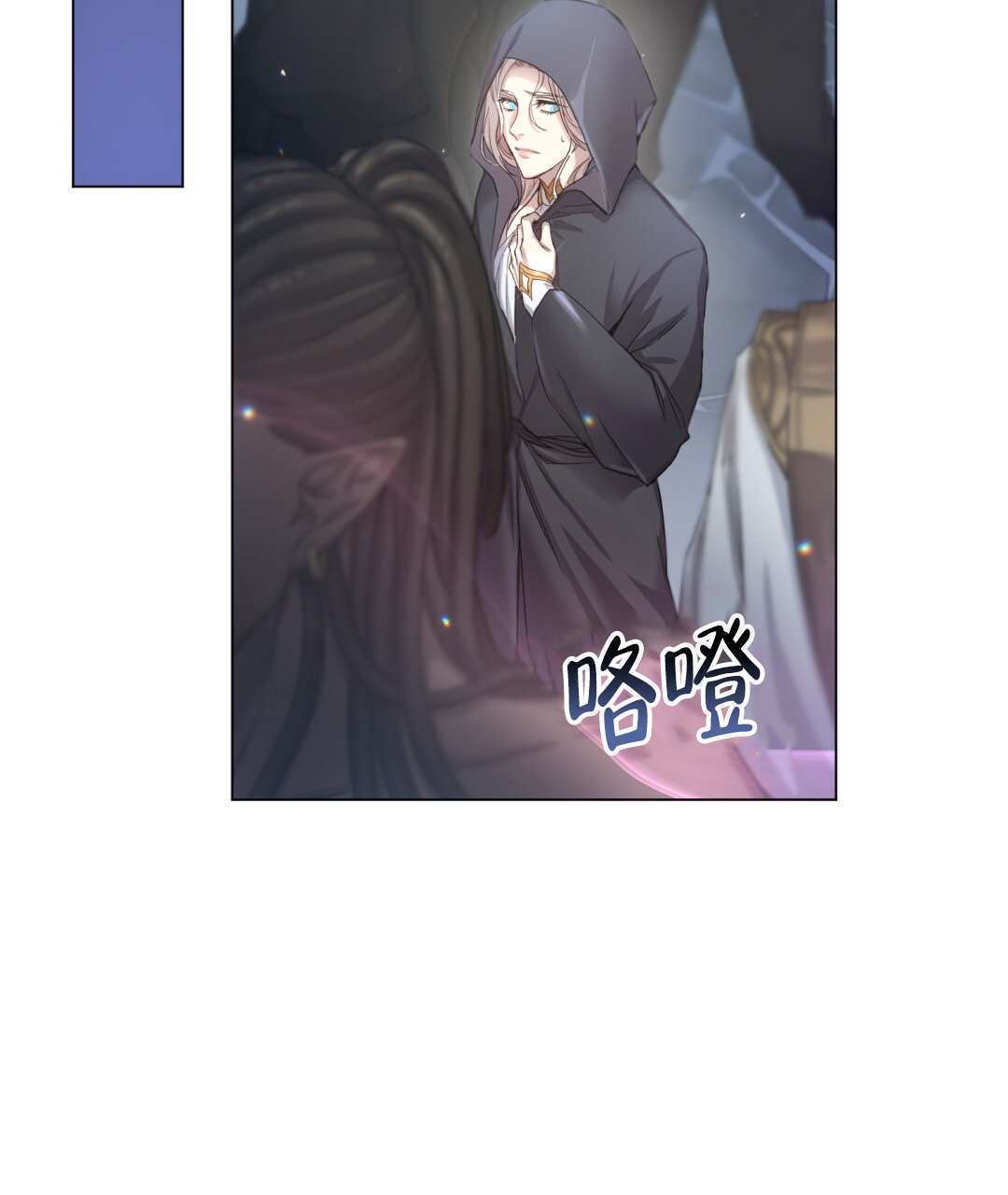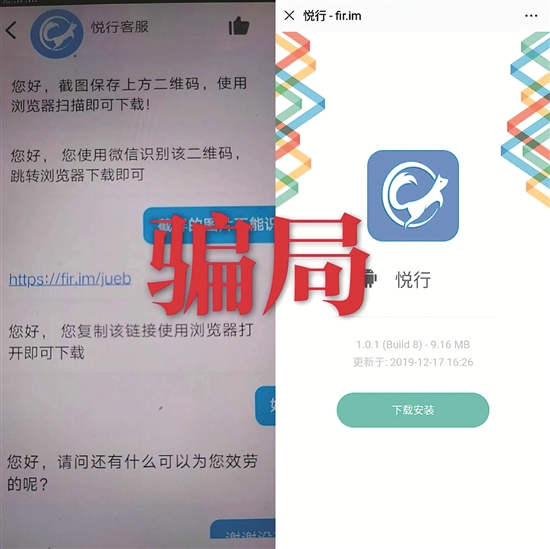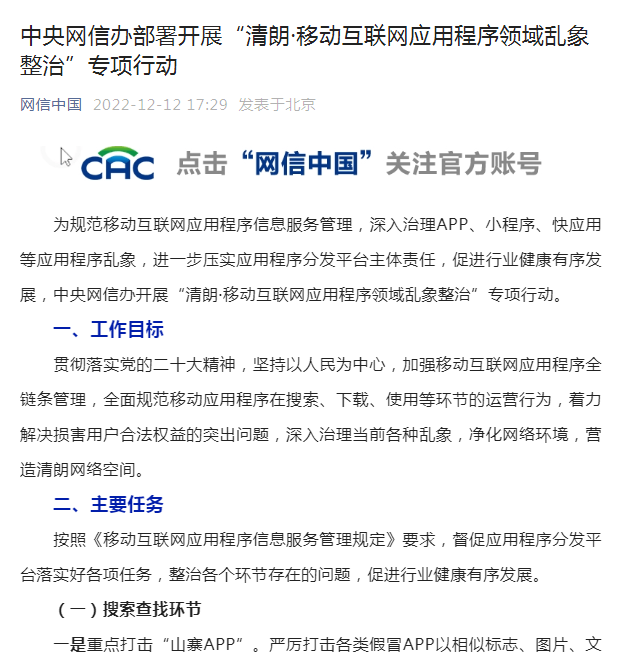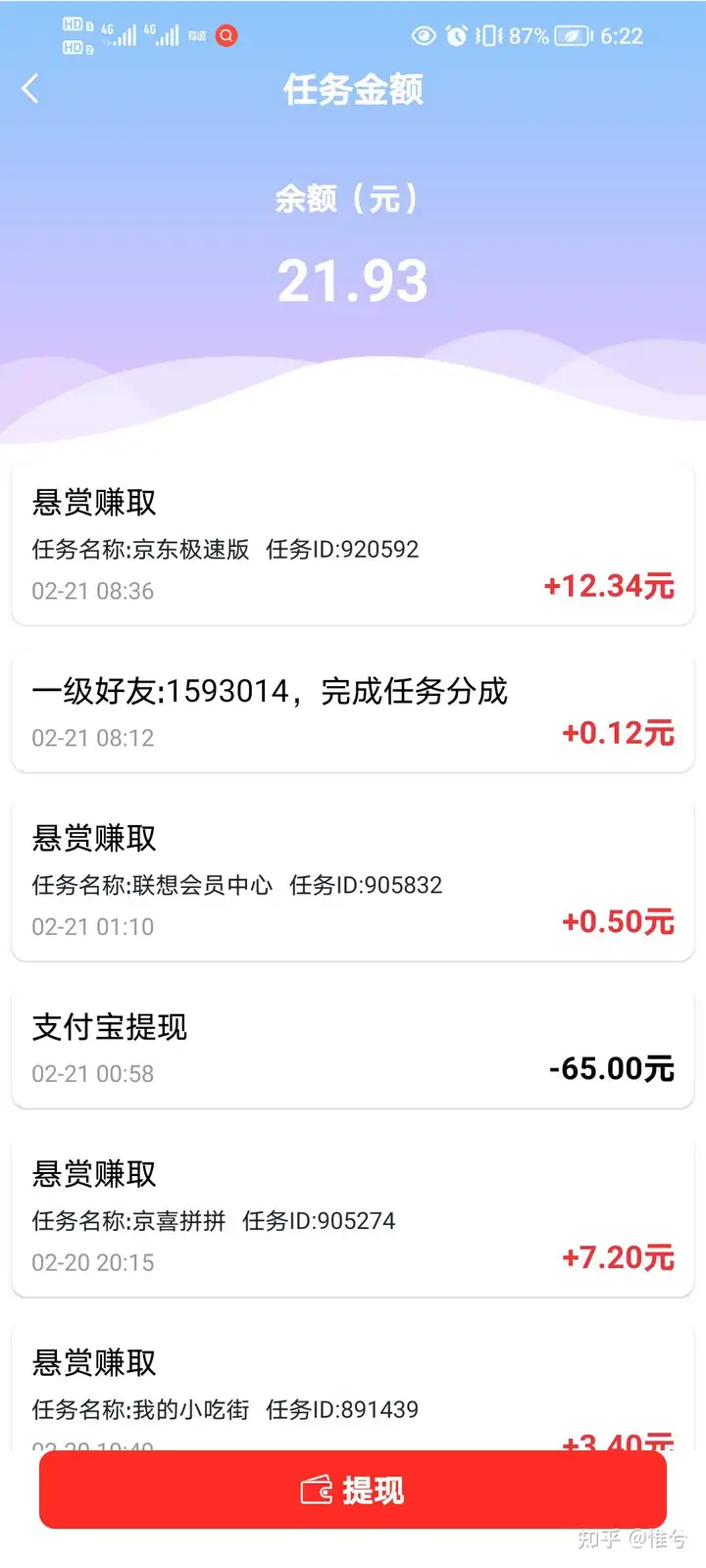英语七年级下册Unit 11最全笔记(单词+短语+语法)含练习,有答案
Unit11 单词 (音标)
milk [mɪlk] v. 挤奶
cow [kaʊ] n. 奶牛,母牛;母兽
milk a cow给奶牛挤奶
horse [hɔː(r)s] n. 马
ride a horse骑马
feed [fiːd] v.(fed/fed)喂养;饲养
feed chickens喂鸡
farmer [fɑː(r)mə(r)] n.农民;农场主
quite [kwaɪt] adv.相当;完全
quitea lot(of…)许多
anything [enɪθɪŋ](常用于否定句或疑问句)任何东西;任何事物
grow [grəʊ] v.种植;生长;发育
farm [fɑː(r)m] n.农场 v.务农
pick [pɪk] v.采;摘
excellent [eksələnt] adj.
countryside [kʌntrɪsaɪd].乡村;农村
inthe countryside在乡下;在农村
yesterday [jestə(r)dei] adv.昨天
flower [flaʊə(r)] n.花
worry [wʌri] v.&n.担心;担忧
luckily [lʌkɪli] adv.幸运的;好运的
sun [sʌn] n.太阳
museum [mjuːziəm] n.博物馆
fire [faɪə(r)] n.火;火灾
frie station [steɪʃ(ə)n]消防站
painting [peɪntɪŋ] n.油画;绘画
exciting [ɪksaɪtɪŋ] adj.使人兴奋的;令人激动的
lovely [lʌvli] adj.可爱的
expensive [ɪkspensɪv] adj.昂贵的
cheap [tʃiːp] adj.廉价的;便宜的
slow [sləʊ] adj.缓慢的;迟缓的
fast [fɑːst] adv.&adj. 快地(的)
robot [rəʊbɒt] n.机器人
guide [gaɪd] n.导游;向导
gift [gɪft] n.礼物;赠品
all in all总的来说
everything [evrɪθɪŋ] pron.所有事物;一切
interested [ɪntrəɪstɪd] adj.感兴趣的
be interested in… 对……感兴趣
dark [dɑː(r)k] adj.黑暗的;昏暗的
hear [hɪə] v.(heard/hɝ:(r)d)听到;听见
Carol [kærəl]卡罗尔(女名)
Unit11 知识梳理
【重点短语】
1. school trip 学校旅行
2. go for a walk 去散步
3. milk a cow 挤牛奶
4. ride a horse 骑马
5. feed chickens 喂鸡
6. talk with a farmer 与农民交谈
7. take some photos 照相
8. ask some questions 问一些问题
9. grow apples 种苹果
10. show sb. around sp. 带某人逛某地
11. learn a lot 学到许多
12. pick some strawberries 摘草莓
13. last week 上周
14.In the countryside 在乡村
15. visit my grandparents 拜访我的祖父母
16. go fishing 去钓鱼
17. sound good 听起来很好
18. climb the mountains 去爬山
19. play some games 玩一些游戏
20. visit a museum 参观博物馆
21. visit a fire station 参观消防站
22.draw pictures 画画
23. go on a school trip 去旅行
24 visit the science museum 参观科技博物馆
25. how to make a model robot 如何制作机器人模型
26. gift shop 礼品店
27. buy sth. for sb. =buy sb. sth.为某人买某物
28. all in all 总得来说
29. be interested in... 对…感兴趣
30. be expensive 昂贵的
31. not...at all 一点儿也不
【重点句型】
1.---Did you see any cows? 你见到奶牛了吗
---Yes, I did. I saw quite a lot. 我见到了而且见到了很多很多
2. ---Did Carol take any photos? 罗尔拍照片了吗?
---Yes, she did.是的,她拍了。
3. ---Hi, Eric, How was your triplast week? 你好,Eric,上周旅游怎么样?
---It was excellent. I visited my grandparents in the countryside.精彩极了,我还去乡下看望了爷爷奶奶。
4.We had so much fun!
我们玩得非常开心!
5.I took a lot of great photos, too.
我也拍了好多精彩照片。
6. All in all, it was an excitingday.
总之,这是令人兴奋的一天。
7. I’m not interested in that.
我对此并不感兴趣。
【写作话题】本单元以学校旅行为话题,谈论学校旅行及假期生活,描述过去发生的事情及感受。
【写作题目】暑假已经过去,同学们都相互询问时如何度过这个假期的,请你用英语写一封信把你的假期和同学交流一下,向他们描述你的既有意义又充实的假期。
提示:(1)坚持运动,锻炼身体(2)多读好书(3)旅游观光(4)当一名志愿者(5)帮助父母。
【优秀满分范文】
Dear Li Ping,
I had a good time during my summer vacation. Here is my vacation to show you.
First I did sports and learned to play table tennis. It’s good for my health. Then I read some books .After that I enjoyed an interesting sight for two weeks. Also, I volunteered to serve in the volleyball game. Of course, at home I helped my parents do some cooking , washing and so on.
I think I had a wonderful time during the vacation . Did you have a nice summer vacation ? P lease tell me !
Yours,
Tom
名师精讲
01
词汇讲解
1. milk
(1)milk 作名词,意为“牛奶”,是不可数名词。例如:
I’d like a cup of milk. 我想要杯牛奶。
(2)milk 作动词,意为“挤奶”。例如:
I helped the farmer (to) milk the cow. 我帮助农民挤奶。
2. feed
feed 作及物动词,意为“喂养,饲养”,其后常接表示动物名称的词作宾语。例如:
My father’s job is to feed the animals. 我父亲的工作是喂养动物。
拓展:
(1)feed..to…意为“把……喂给……吃”。feed后接饲料或者食物名称做宾语,to为介词,其后一般接动物或者小孩等名词表示对象。例如:
Please feed some grass to the cow. 请给这头奶牛喂些草。
She fed milk to the baby. 她给婴儿喂了奶。
(2)feed 可以做不及物动词,意为“食,吃”(主要指动物),与介词on构成词组,意为“以……为食,靠……为生”。例如:
Sheep feed on grass. 绵羊以草为食。
3. quite&very
词语
用法
例句
quite
语气比very弱,常用于“quite a/an +可数名词单数的结构中。
It’s quite a good idea. 那真是个好主意。
very
语气比quite强,多用于褒义形容词前,常用于“a very+可数名词单数”结构中。
Li Ming is a very good student. 李明是个非常好的学生。
4. anything
anything 不定代词,意为“任何事情,任何东西”,常用于否定句和疑问句中,在肯定句中常用something。something, anything作主语时,谓语动词用单数。例如:
I can’t see anything in the box. 盒子里我看不到任何东西。
Is there anything in the box? 盒子里有一些东西吗?
5. pick
pick意为“采,摘”,常用于词组“pick up”,意为“拾起,捡起”, 当宾语为代词时,宾语应放在pick和up中间;当宾语为名词时,宾语可放中间,也可放在后面。例如:
There is a pen on the playground, please pick it up.
地上有一支笔,请捡起它。
Bob stopped to pick up a watch. = Bob stopped to pick a watch up.
Bob停下来,捡起来地上的一块手表。
拓展:
(1)pick up意为“搭载,开车去接”。例如:
The bus stopped and picked up some passengers.
公共汽车停下来,搭载了一些乘客。
Please wait at the school gate. John will pick you up there.
请在校门口等候, 约翰会到那里接你。
(2)pick up意为“偶然学会,获得”。例如:
She picked up English when she played with the American children.
她和美国小孩儿玩的时候不经意间学会了英语。
6. worry
(1)worry可用作不及物动词或及物动词。作及物动词时,意为“使烦恼,使担忧”。作不及物动词时,意为“发愁,担心,烦恼”,常与介词about连用。例如:
What’s worrying you? 什么事使你烦恼?
Don’t worry about me. 不要为我担心。
(2)worry也可用作名词。既可作可数名词,也可作不可数名词。例如:
Her face showed signs of worry. 她脸上显出担忧的神情。
I have a lot of worries. 我有很多担心。
(3)worry的过去分词worried相当于形容词,意为“担心的,烦恼的”,常与be/look/feel等系动词连用。be worried about意为“为……担心”。例如:
She is worried about her sick mother. 她担心她生病的母亲。
7. luckily
luckily是副词,意为“幸运地,幸亏,侥幸”。例如:
Luckily there was a doctor on the spot.
幸运的是现场有一位医生。
拓展:
lucky是luckily的形容词形式,意为“幸运的, 吉祥的, 侥幸的”。例如:
He is a lucky dog. 他是个幸运的家伙。
luck是luckily的名词形式,是不可数名词;意为“运气, 好运, 幸运 ”。good luck to sb表示“祝某人好运”,bad luck意为“倒霉”。例如:
She had no luck finding a job. 她很不幸,找不到工作。
I wish you luck =Good luck to you! 祝你好运!
8. exciting&excited
exciting是形容词,意为“令人兴奋的”,一般用来说明事物的特征。例如:
I like football. I think it’s very exciting.
我喜欢足球。我认为它非常令人兴奋。
excited也是形容词,意为“感到兴奋的”,一般用来说明人的感受。例如:
He is very excited at the news.
因为那个消息他很兴奋。
9. slow
(1)slow 作形容词,意为“缓慢的,迟缓的”,其反义词为fast。例如:
Why are you so slow? Hurry up!It’s late.
你怎么这么慢啊?快点!要迟到了。
(2)slow 和slowly一样也可以作副词,但是用法有区别。slow一般用于口语中,不可以用于句首,只能和go, drive或pass连用且位于其后。而slowly比较常用,可以置于句首或者动词之后(或前)修饰动词。例如:
How slow the time passes! 时间过得真慢!
I told the driver to go slow. 我告诉司机慢点开车。
He slowly opened the door. 他慢慢地把门打开。
10. fast
(1)fast 作副词,意为“快地”,可以用来修饰动词或者动词短语。例如:
We got there so fast by train. 我们乘火车很快到了那儿。
(2)fast 作形容词,意为“快的”。例如:
A train is very fast. 火车很快。
拓展:fast&quickly
fast强调动作的速度快;quickly 指动作敏捷或者完成得快。例如:
Li Ming can run very fast.
李明能跑的很快。
He had breakfast quickly and then went to school.
他快速吃完早餐去上学了。
11. all in all
all in all 固定词组,意为“总的来说”,常用于句首。例如:
All in all, it is a great success. 总的来说,它非常成功。
All in all, I’m too excited. 总的来说,我太兴奋了。
拓展:常见的和all有关的词组
after all 毕竟,终究
all over 到处
not…at all 根本……不
all right 行,好的
in all 总共
12. dark
(1)dark作形容词,意为“黑暗的,昏暗的”。例如:
The room is dark and quiet. 这个房间漆黑一片,寂静无声。
(2)dark 作名词,意为“黑暗,无光(尤指夜晚)”。例如:
We stood outside in the dark. 我们站在黑漆漆的屋外。
练一练:
Ⅰ. 词形转换。
1. paint (名词)__________ 2. luck (副词)________
3. love (形容词)_________ 4. interest (形容词)_______
5. fast (反义词)_________ 6. cheap (反义词)_______
Ⅱ. 根据句意、汉语意思或首字母提示补全单词。
1. She is badly ill and her mother is w______ about the health.
2. Look at the apple on the trees. Can you p______ one for me?
3. Slow down! You’re driving too f______.
4. I got many g______ on my birthday.
5. The car is too e________ for me to afford.
6. All in a______. You’re too lucky.
7. This is q______ an interesting book.
8. I gave some f______ to my mother on Mother’s Day.
9. I never go to the cities. I come from the c_______.
10. We can get milk from the c______.
Ⅲ. 用括号中所给单词的适当形式填空。
1. He went to the farm and ______ (feed) many chickens there.
2. My friend gave me a _______ (love) dog yesterday.
3. Peter and his family _______ (have) a good time in the park yesterday.
4. He ______ (milk) a cow yesterday.
5. Is there _______ (something) new in today’s newspaper?
6. The old man walked ______ (slow).
7. ______(luck), he passed the exam.
8. I like this movie. I think it’s very _______ (excited).
9. It was _______ (sun) yesterday.
10. Thanks for _______ (tell) me the good news.
参考答案:
Ⅰ. 词形转换。
1. painting 2. luckily 3. lovely
4. interesting / interested 5. slow 6. expensive
Ⅱ. 根据句意、汉语意思或首字母提示补全单词。
1. worried 2. pick 3. fast 4. gifts 5. expensive
6. all 7. quite 8. flowers 9. country 10. cows
Ⅲ. 用括号中所给单词的适当形式填空。
1. fed 2. lovely 3. had 4. milked 5. anything
6. slowly 7. Luckily 8. exciting 9. sunny 10. telling
02
句式讲解
1. How was your trip yesterday?
(1)本句为询问某事情况的常用句型,其中was是be动词的过去式,如果询问当前的情况则be动词用is。其答语常用:It was great! (好极了) / It was OK.(还可以)/ It wasn’t good.(不好。)/ All right.(很好。)/ It was not bad.(还不错。)等。How + be+…?相当于 What + be +… + like? 例如:
-How was her holiday?她的假期过得怎么样?
-It was not bad. 还不错。
(2)How是疑问副词,意为“如何,怎样”,常用来引导特殊疑问句来询问方式、程度、状况等。常用于以下交际用语中:
1)How is/are +sb. ? 用来询问人的身体、工作、学习或生活等的状况。例如:
-How are you? 你好吗?
-Fine, thank you. 好,谢谢。
2)How is/are +sth.?用来询问某物或者某事的状况如何。例如:
How is your work? 你的工作怎么样?
3)How do you do? 并不表示疑问,是第一次见面时的问候语,回答仍用此句。例如:
How do you do? 你好!
How do you do? 你好!
4)How is it going?/ How is everything going? 用来询问事情进展如何。例如:
How is it going? 情况/进展如何?
Very well./ Not too bad./just so so.
很好。/还不坏。/一般吧。
2. Did you see any cows?
此句是一个一般过去时的一般疑问句,用于询问过去发生的动作或事情。句式是“Did+主语+动词原形+其他成分?”。一定要注意,一般过去时的一般疑问句,无论主语是第几人称,是单数还是复数,都要用助动词did提问。用did提问时谓语动词要用原形。一般过去时的一般疑问句的肯定答语为“Yes,主语+did.”;否定回答为“No, 主语+didn’t.”。例如:
-Did you do your homework yesterday? 昨天你做作业了吗?
-Yes, I did. / No, I didn’t. 是的,我做了。/ 没有,我没做。
-Did she go to bed? 她上床睡觉了吗?
-Yes, she did. / No, she didn’t. 是的,她上床睡觉了。/不,她没有上床睡觉。
3. The rooms were really dark and it was difficult to take photos, so I didn’t take any.
(1)It is +adj.+ to do sth. 意为“做某事是……”,其中it是形式主语,真正的主语是后面的动词不定式,所以it was difficult to take photos相当于to take photos was difficult。例如:
It’s interesting to play the computer games.
玩电脑游戏很有趣。
(2)It is + 形容词(+of / for sb.)+ to do sth. 对某人来说,做某事是……。用介词of时,形容的是某人做这件事情所表现的品质;用介词for时,指的是所作的事情本身的一个性质。例如:
It is very kind of you to help me.
你能帮助我真是太好了。
It is important for us to learn English well.
对我们来说,学好英语很重要。
4. What did the farmer say?
本句是一般过去时的特殊疑问句,句子的结构是“特殊疑问词+ did + 主语+谓语+其它?”。
特殊疑问词可以根据实际情况选择需要的词,例如对地点提问用where,对时间提问用when等。助动词did后面的谓语动词要用原形,did没有人称和数的使用限制。回答时,要根据问句回答具体的内容。例如:
-When did you go there? 你什么时候去的哪儿?
-About seven o’clock. 大约7点钟。
-How did you go there? 你们怎么去的那儿?
-By bus. 坐公共汽车。
5. Then the guide taught us how to make a model robot.
本句中的how to make a model robot是“疑问词+不定式”结构,作动词taught的宾补。用来补充和说明宾语的情况。“疑问词+动词不定式”结构还常在句中作主语、宾语、表语等。例如:
Where to go is a problem. 到哪里去是一个问题。(主语)
I know where to find the key. 我知道在哪儿找到钥匙。(宾语)
The question is how to learn English well. 问题是如何学好英语。(表语)
练一练:
Ⅰ. 根据对话内容,从方框中选择适当的选项补全对话。
A.What about you?
B.Then I studied for the test.
C.Because I went on the school trip.
D.NO,I stayed at home.
E.Well,It wasn’t very bad.
F.Because I had lots of things to do.
Tom:Hi,Lucy! Did you go on the school trip? I didn’t see you on Sunday.
Lucy: 1
Tom:Why?
Lucy: 2
Tom:What did you do?
Lucy:I cleaned my room and did my homework. 3 .
Tom:Really?Not much fun!
Lucy: 4 I went to a movie with my sister on Sunday evening. 5 . Was the school trip interesting?
Tom:Yes,it was great.We went to the Science Museum and took many photos.
1.___ 2.___ 3.___ 4.___ 5.___
Ⅱ. 句型转换,每空一词。
1. My school trip was excellent. (对划线部分提问)
_______ _______ your school trip?
2. The weather was very terrible this morning. (改为否定句)
The weather _______ ________ very terrible this morning.
3. I saw some flowers in the park. (对划线部分提问)
_______ _______ you _______ in the park?
4. He knew something about it. (改为一般疑问句)
______ he ______ _______ about it?
5. I played games with my friends yesterday. (就划线部分提问)
What _______ you _______ yesterday?
6. My mother has a busy weekend every week. (用last week改写)
My mother ______ a busy weekend last week.
7. Tom takes an interest in the book. (改为同义句)
Tom is _______ ________ the book.
8. He wants to do nothing. (改为同义句)
He doesn’t want to do ________.
9. We enjoyed ourselves in the zoo. (改为同义句)
We _______ _______ ________ ________ in the zoo.
10. He has no dogs and no family. (改为同义句)
He doesn’t have dogs_______ family.
Ⅲ. 根据汉语意思,完成句子,每空一词。
1. 你对英语感兴趣吗?
Are you ________ _________ English?
2. 你能告诉我如何制机器人吗?
Can you tell me ________ ________ ________ a robot?
3. 他一点也不喜欢弹钢琴。
He _______like playing the piano________ ________.
4. 礼品店的东西太贵了,所以我什么也没买。
The things in the gift shop were _______ ________, _______ I didn’t buy anything.
5. 这个夏天我们去了乡下。
We _______ _______ the _______ this summer.
6. 对于大多数孩子来说,周末是有趣的。
_______ _______ ________, the weekend was fun.
7. 去年,他通常呆在家里看电视。
Last year, he usually _______ _______ _______and _______ _______.
8. 去年我常和爸爸一起去钓鱼。
I often _______ ________ with my father last year.
9. 他们去海边玩的很开心。
They went to the beach and _______ _______ great _______ there.
10. 对我们来说学好英语是很重要的。
It’s _______ ________ us to _______English ______.
参考答案:
Ⅰ. 补全对话,每空一词。
1-5: DFBEA
Ⅱ. 句型转换,每空一词。
1. How was 2. was not 3. What did, see
4. Did, know anything 5. did, do
6. had 7. Interested in 8. anything
9. had a great/good time 10. or
Ⅲ. 根据汉语意思,完成句子,每空一词。
1. interested in 2. how to make
3. doesn’t, at all 4. too expensive, so
5. went to, country/countryside
6. For most kids 7. stayed at home, watched TV
8. went fishing 9. had a , time
10. important for, study, well


